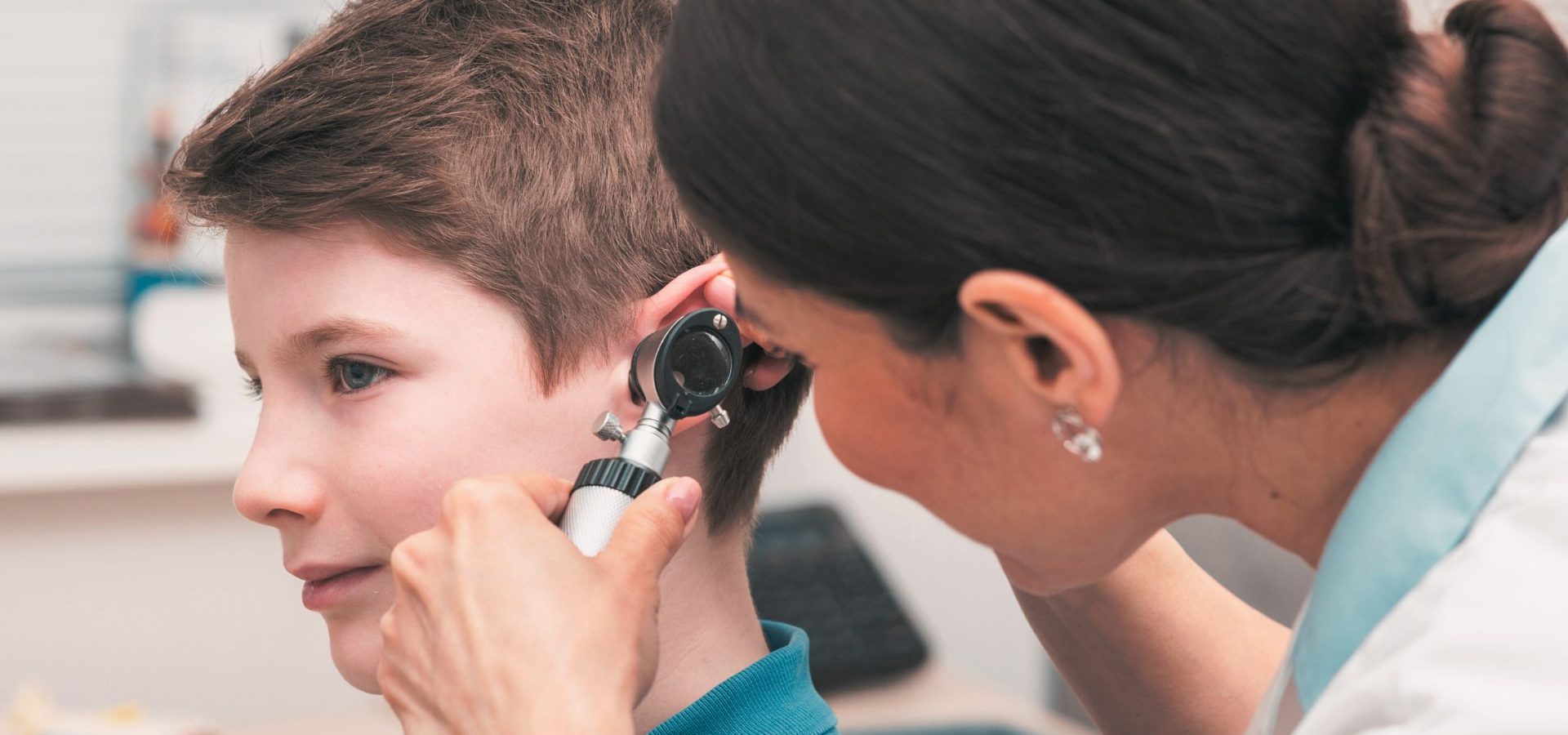Menu

Hearing loss is a common health issue that affects millions of people worldwide. While hearing loss can be caused by various factors, early detection is crucial for effective treatment. If you suspect that you may have hearing loss, the first step is to schedule a hearing test.
Now, some of you may be hesitant to schedule a hearing test due to a lack of information about them. To help remedy this, here is a guide on what to expect during your first hearing test.
How Do You Prepare for Your Hearing Test?
Before your hearing test, it’s essential to prepare yourself mentally and physically. Here are some tips to help you prepare:
- Get a Good Night’s Sleep: Make sure you get a good night’s sleep before your hearing test. Being well-rested can help you concentrate and focus during the test.
- Avoid Loud Noises: Avoid exposure to loud noises for at least 24 hours before your hearing test. Exposure to loud noises can affect your hearing test results.
- Bring a List of Medications: If you are taking any medications, make sure to bring a list of them with you to your appointment.
What Should You Expect for Your Hearing Test?
When you arrive at the hearing center, you will be greeted by a hearing healthcare professional who will explain the hearing test process to you. The hearing test typically takes less than an hour, and it is painless and non-invasive.
Here are the steps involved in the hearing test:
- Case History: The hearing healthcare professional will begin by asking you some questions about your hearing and any symptoms you may have experienced. They may ask about your work environment, hobbies, and any exposure to loud noises.
- Otoscopy: An otoscope is a small handheld tool that is used to examine your ear canal and eardrum. The hearing healthcare professional will use the otoscope to check for any visible signs of damage or blockages.
- Pure-Tone Audiometry: This test measures your ability to hear different frequencies of sound. You will wear headphones and listen to a series of beeps at different frequencies and volumes. You will be asked to indicate when you hear each tone by raising your hand or pressing a button.
- Speech Audiometry: This test measures your ability to hear and understand speech. You will listen to a series of words and phrases at different volumes and be asked to repeat them back.
- Tympanometry: This test measures the movement of your eardrum in response to changes in air pressure. You will feel a slight pressure in your ear as the hearing healthcare professional uses a small probe to change the air pressure in your ear canal.
- Results: Once the hearing test is complete, the hearing healthcare professional will review your results with you. They will explain what your results mean and discuss any treatment options that may be available.
How Do You Treat Hearing Loss?
If your hearing test reveals that you have hearing loss, there are several treatment options available. The most common treatment option is hearing aids. Hearing aids come in a variety of styles and can be customized to fit your specific hearing needs.
Other treatment options include cochlear implants, bone-anchored hearing aids, and assistive listening devices.
How Do You Prevent Hearing Loss?
While hearing loss can be caused by various factors, there are steps you can take to prevent it. Here are some tips to help you protect your hearing:
- Wear Earplugs: If you are exposed to loud noises, such as at a concert or in a noisy work environment, wear earplugs to protect your hearing.
- Turn Down the Volume: When listening to music or watching TV, keep the volume at a reasonable level to prevent damage to your hearing.
- Take Breaks: If you are in a noisy environment, take frequent breaks to give your ears a rest.
- Get Regular Hearing Tests: Regular hearing tests can help detect hearing loss early, making treatment more effective.
Conclusion
If you suspect that you may have hearing loss, don’t hesitate to schedule a hearing test. Remember to prepare yourself mentally and physically before the test, and bring a list of any medications you are taking.
If your hearing test reveals that you have hearing loss, there are several treatment options available. Finally, take steps to protect your hearing by wearing earplugs, turning down the volume, taking breaks, and getting regular hearing tests.
Contact Fraser Valley Beltone, the premier hearing clinic in Chilliwack, today to schedule a hearing assessment and take the first step towards better hearing. Our experienced team of hearing care professionals is dedicated to providing personalized care and finding the right solution for your unique needs.
Share Post
Facebook
Twitter
LinkedIn
Email
Reddit
Pinterest
